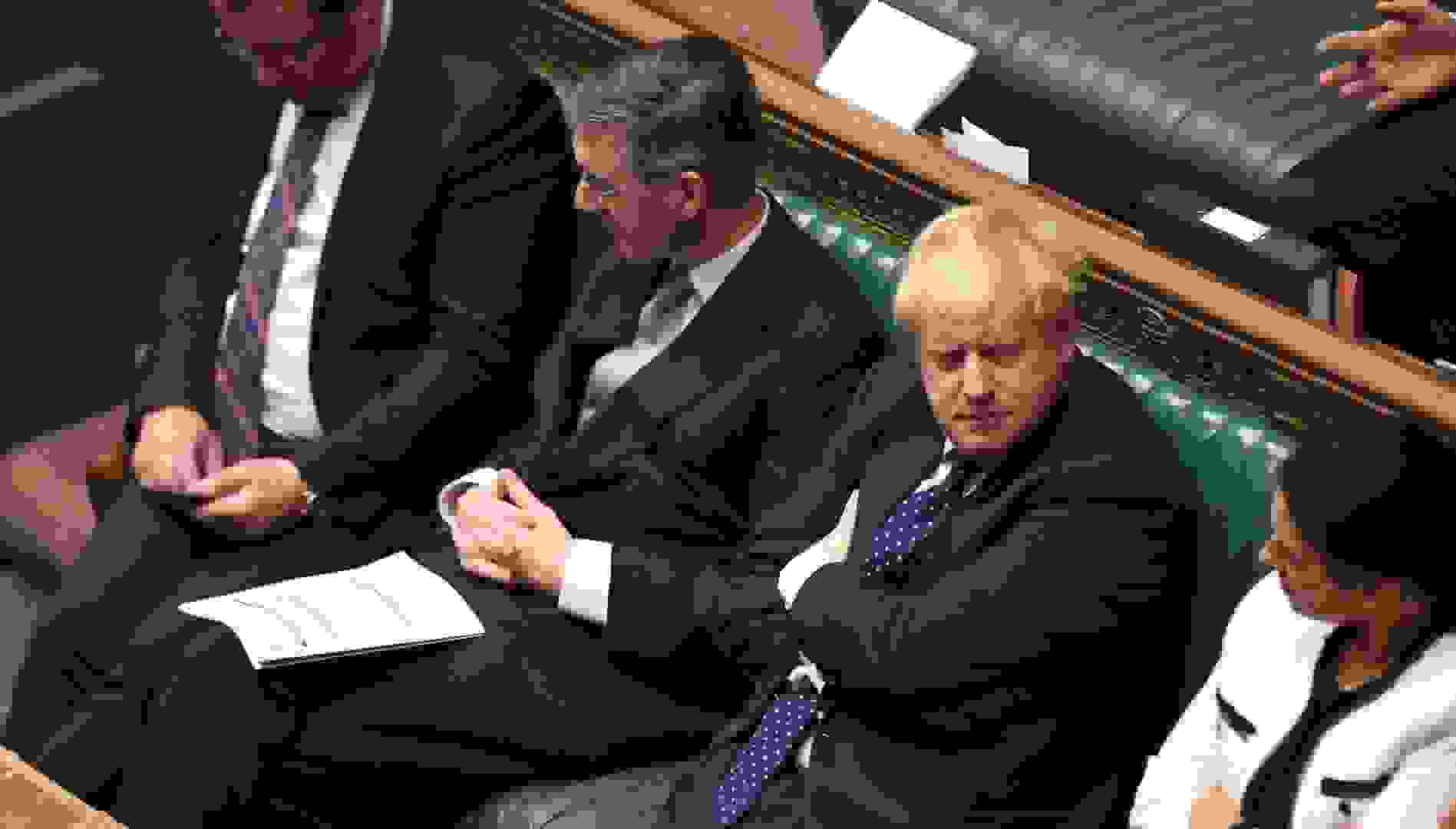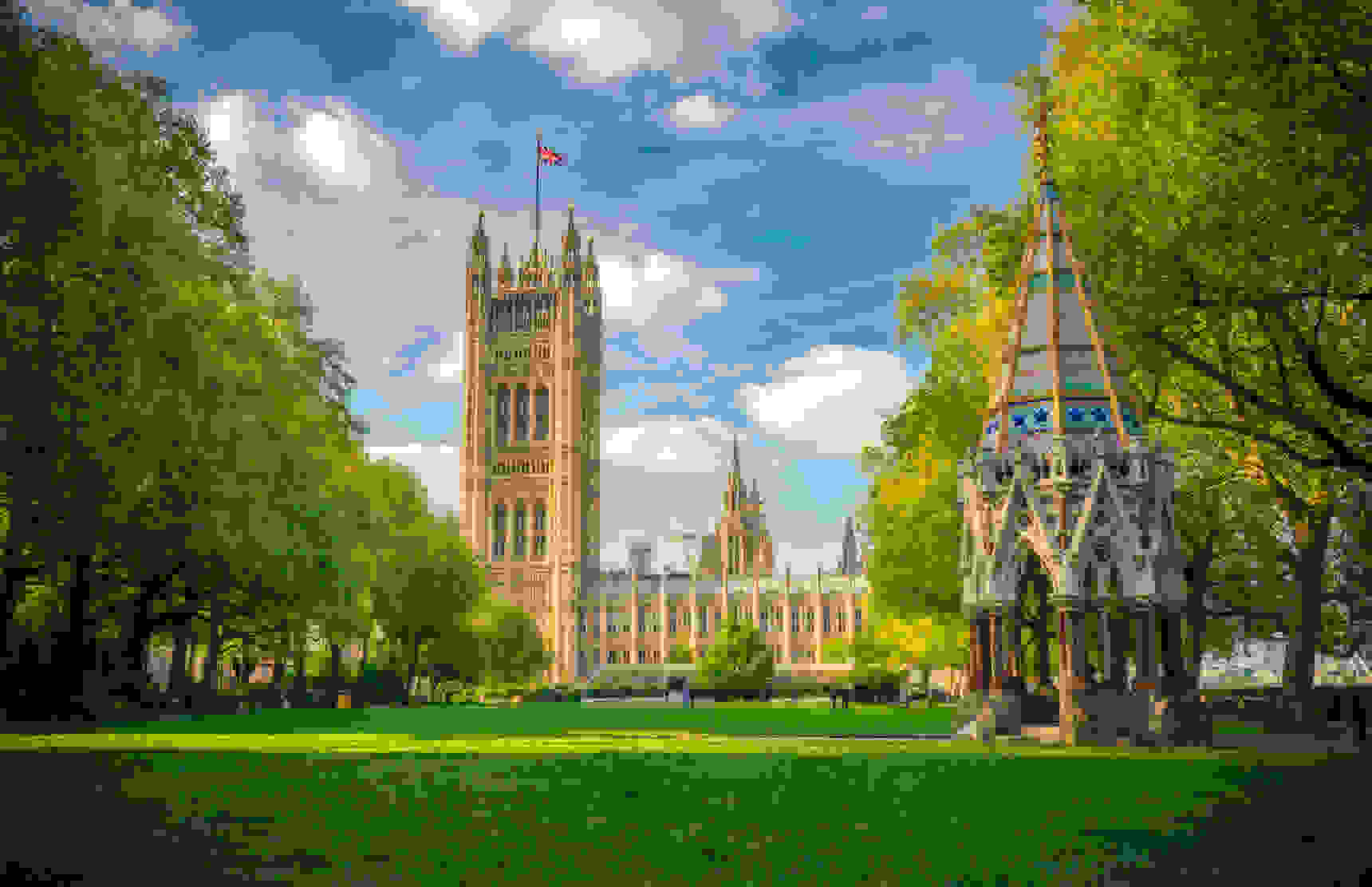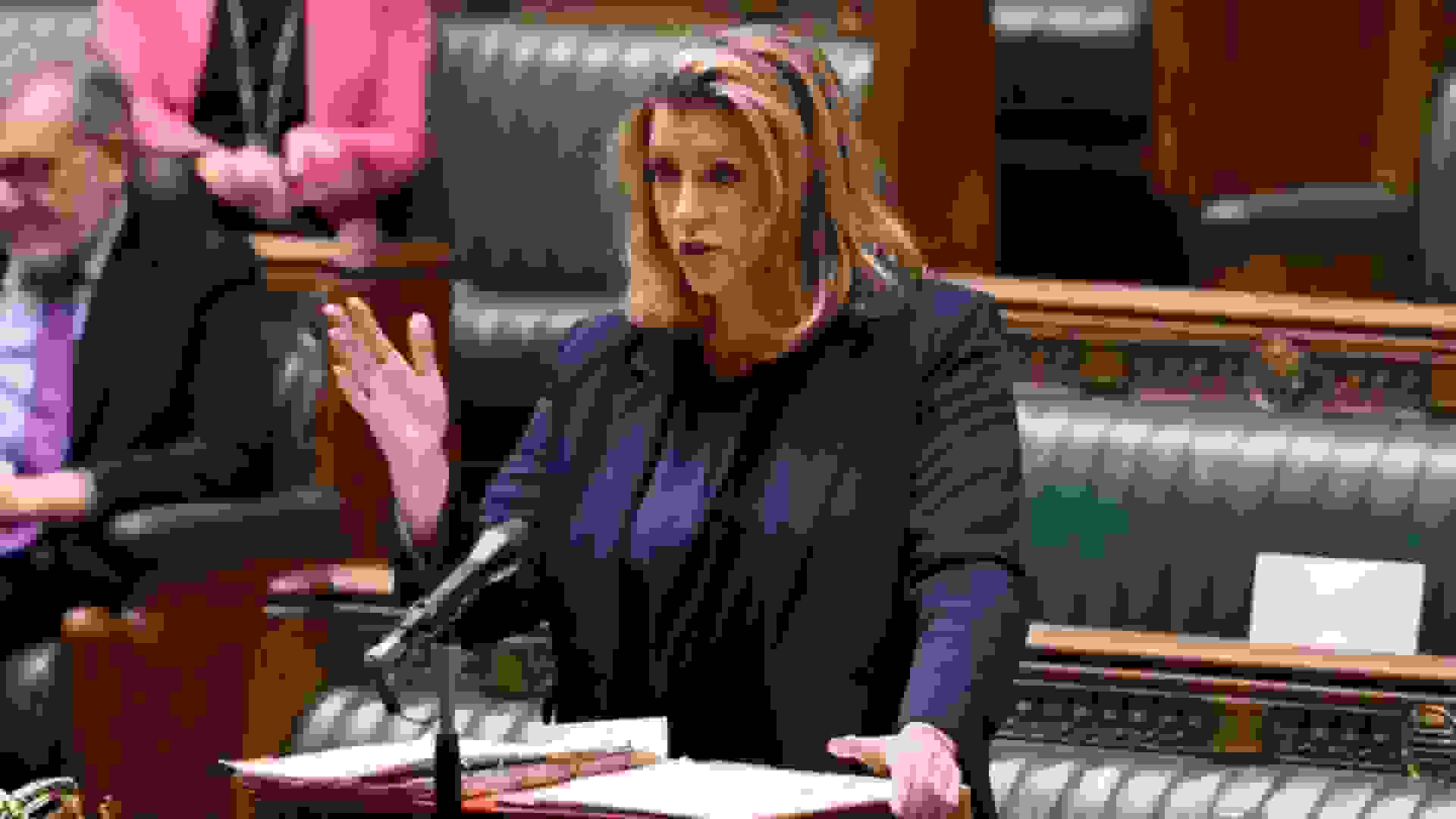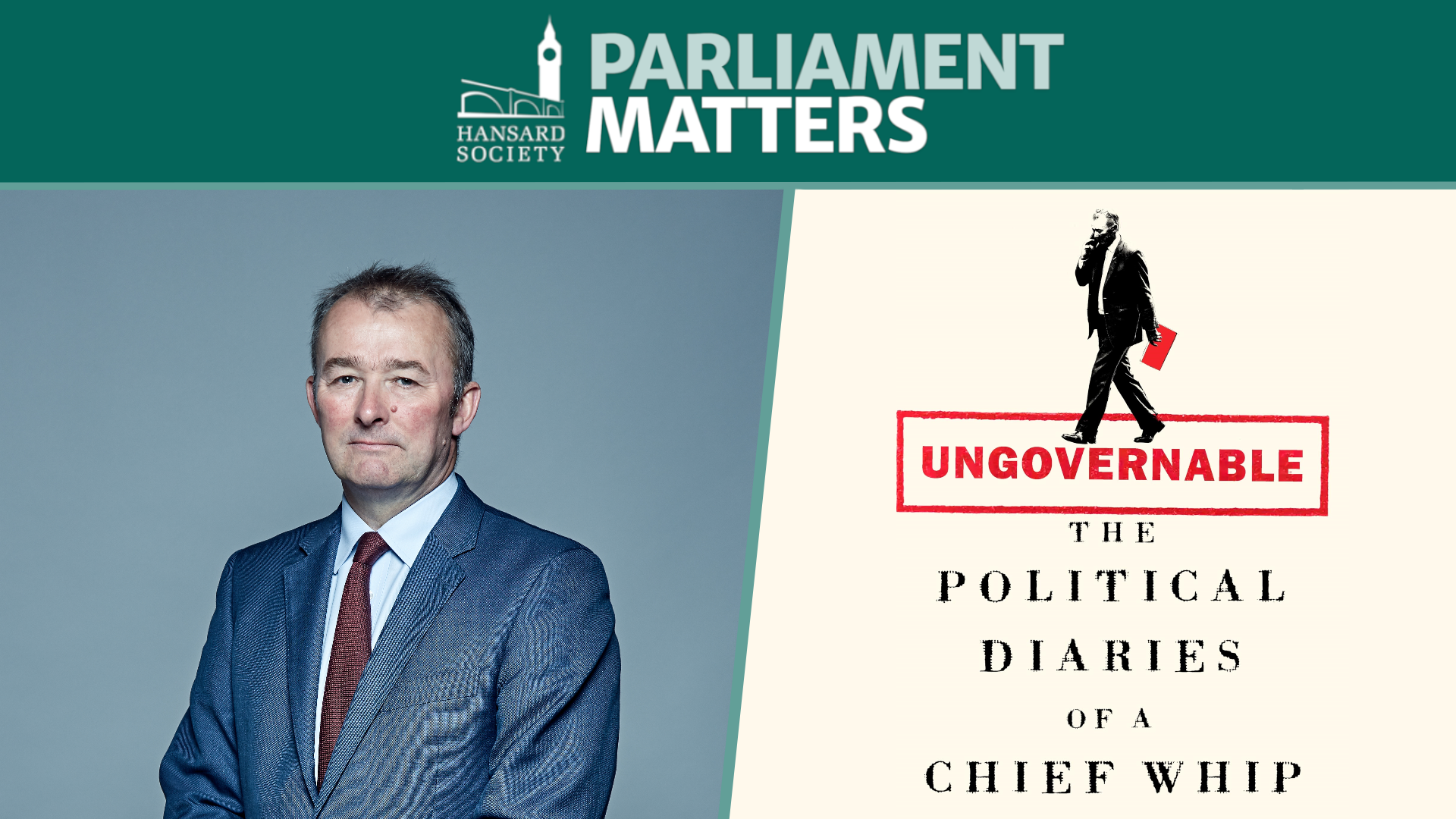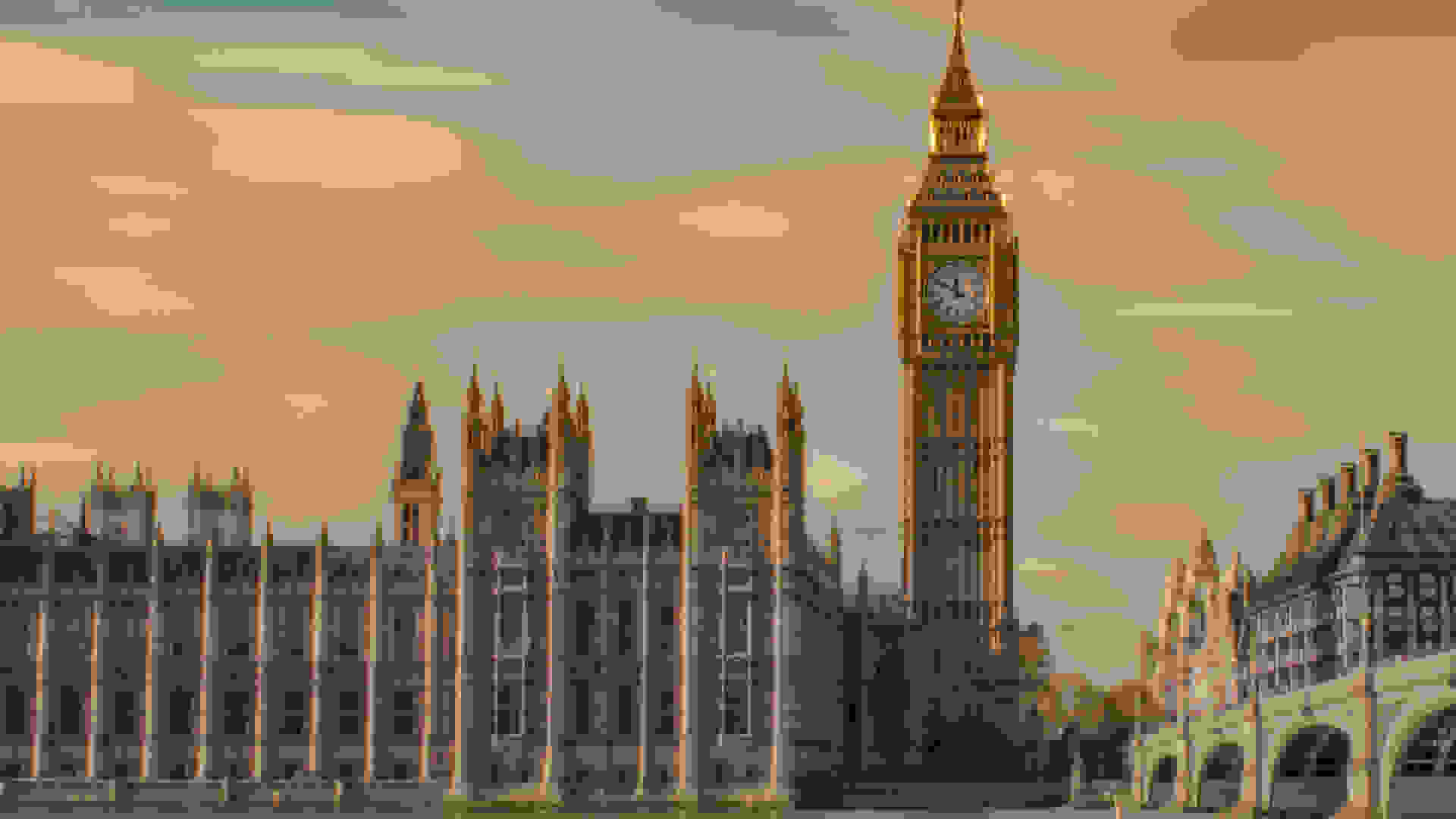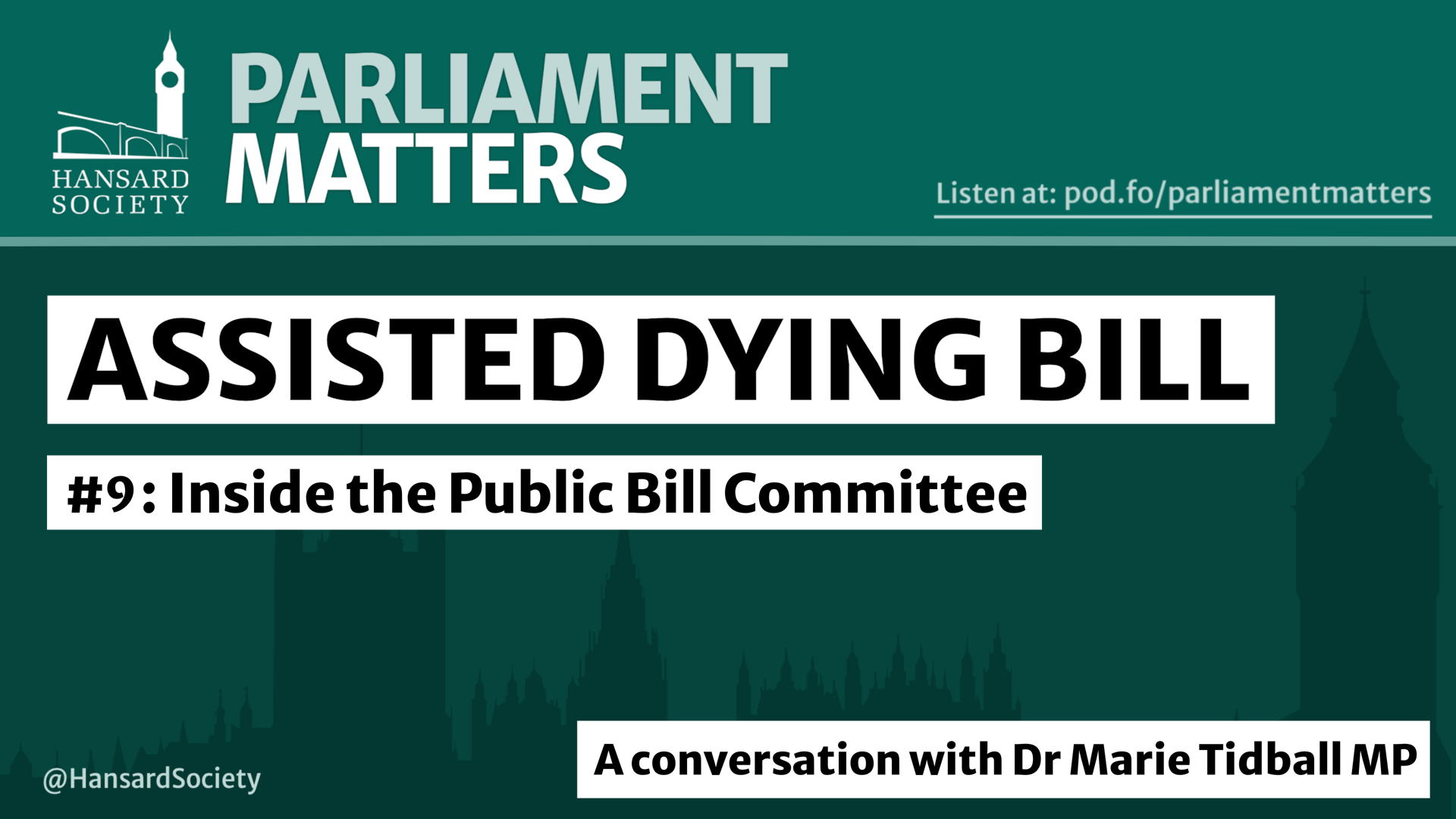Reports / Opening Up The Usual Channels
This 2002 report lays bare the operation of one of the most distinctive, mysterious and critical features of the Westminster Parliament: the 'usual channels' - that is, the relationships between the government and opposition parties through which Parliament's business is organised.
